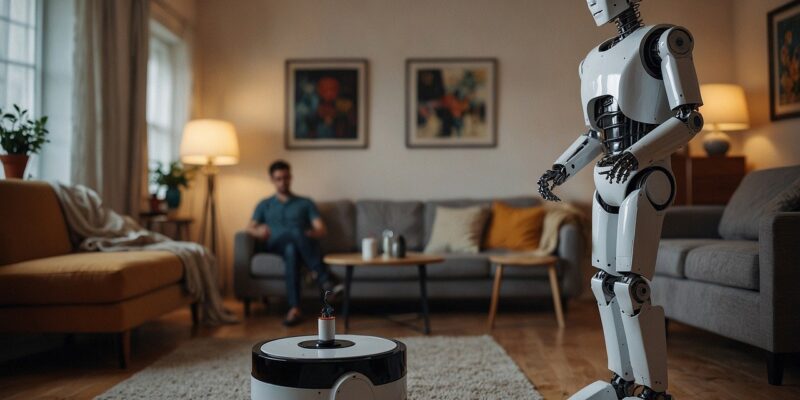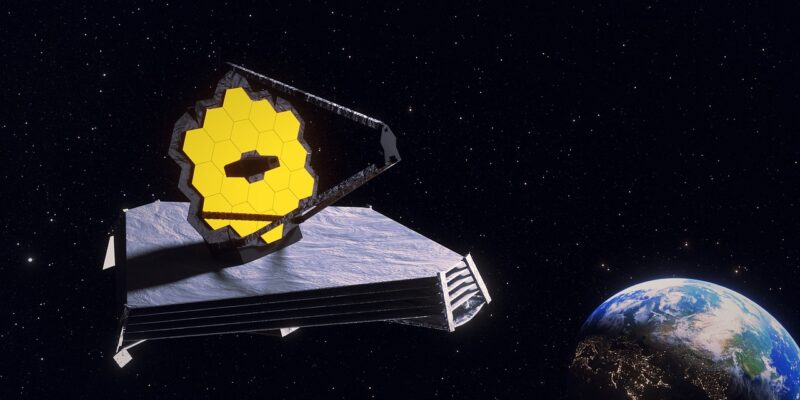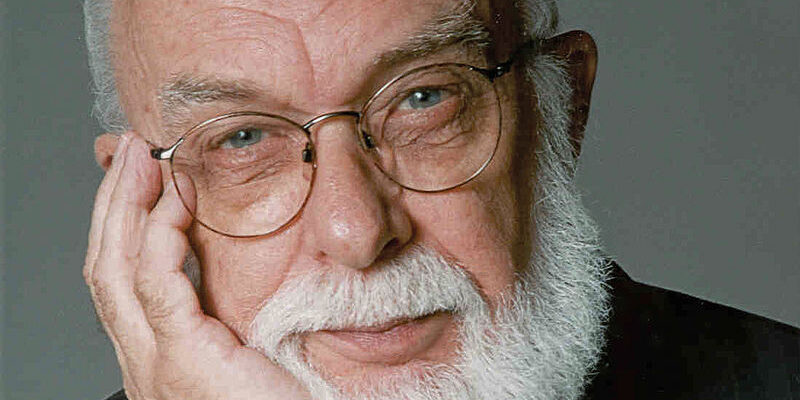Quantum Breakthrough: Random Numbers You Can Trust
Discover how scientists are using quantum entanglement to create secure, tamper-proof random numbers that could revolutionize data security.

Discover how scientists are using quantum entanglement to create secure, tamper-proof random numbers that could revolutionize data security.

Discover how prehistoric humans were inspired by nature to create art and architecture, illustrating the deep connection between creativity and the environment.

China is testing intelligent robots for aged care. This move could reshape how seniors receive support and companionship in the coming years.

NASA has released 1.5 TB of data from the James Webb Space Telescope, offering a unique chance to explore the early universe. This open science initiative invites everyone to engage with groundbreaking discoveries.

Many health influencers are targeting seed oils, but is it justified? Let’s delve into the facts and separate myth from reality.

Explore the evolving role of AI in therapy and the challenges it poses for mental health care. Discover the balance between innovation and caution in using AI companions.

In 1980 James Randi went to Australia to conduct a test of the claims of Water Diviners or Dowers. The original documentary of the event has been lost for decades and now it has been digitally restored to sparkling clarity.

Discover how ecosystems recover from disturbances, offering hope for conservation efforts and environmental policies in the face of climate change.

What will happen to Earth as the sun evolves? Explore the potential challenges and solutions for preserving life on our planet for billions of years.

CFIC is moving towards Canadian-based technologies to enhance data privacy. Discover how you can support this initiative and keep your data within Canada.